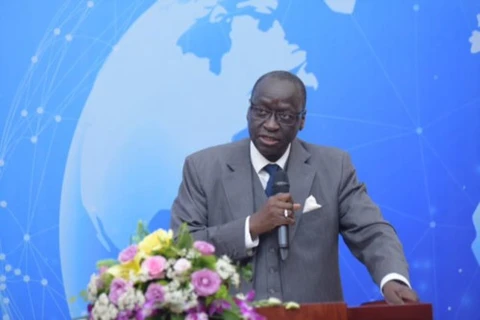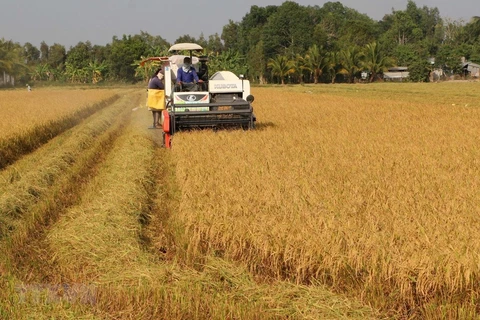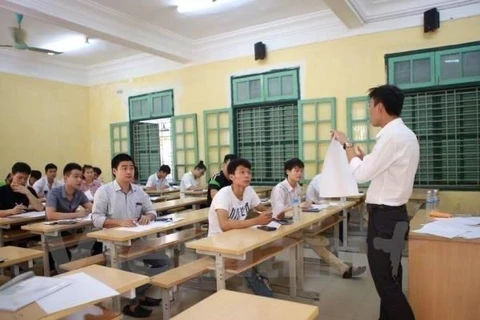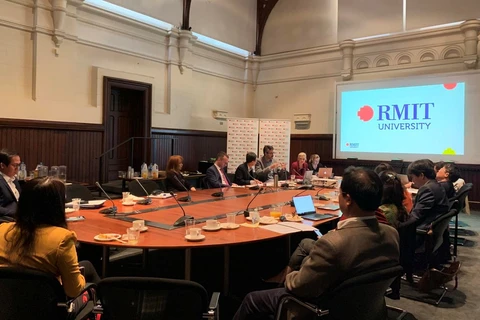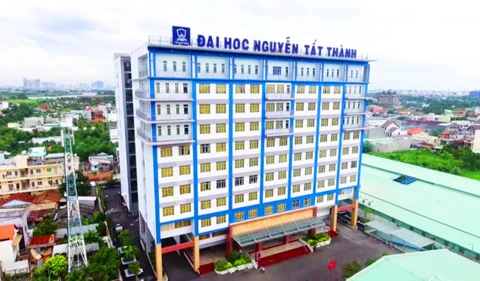 Chairman of the Vietnam Association of Universities and Colleges Tran Hong Quan addresses the seminar in Nha Trang city, the central province of Khanh Hoa, on October 25 (Photo: VNA)
Chairman of the Vietnam Association of Universities and Colleges Tran Hong Quan addresses the seminar in Nha Trang city, the central province of Khanh Hoa, on October 25 (Photo: VNA) Khanh Hoa (VNA) – A seminar was held in Nha Trang city, the central province of Khanh Hoa, on October 25 to look into shortcomings at tertiary education establishments and ways to address them amid the urgent demand for better quality in higher education.
The event, organised by the Vietnam Association of Universities and Colleges and the Ministry of Education and Training, was attended by nearly 250 delegates who are managers, researchers, experts and lecturers at institutes, universities and colleges from nationwide.
Chairman of the Vietnam Association of Universities and Colleges Tran Hong Quan said in the education and training reform policy, quality accreditation is considered an important factor to standardise and improve the quality and capacity of Vietnam’s tertiary education system. This is also an educational issue attracting great attention in the Fourth Industrial Revolution era.
Participants in the seminar focused on several pressing issues, including the assurance and accreditation of quality at educational establishments; the quality of existing tertiary curricula; the revisions and supplements to the Law on Higher Education that are relevant to tertiary education quality assurance and accreditation; the policies, mechanisms and system for ensuring tertiary education quality; and accreditation process.
Representatives from Times Higher Education presented this British rating agency’s latest world university rankings and analysed the position of Vietnamese universities in this list. They also pointed out impact of their presence in the list and how Vietnamese universities can enter the rankings.
There are five education quality accreditation centres in the country at present. So far, 123 universities and five colleges have met domestic accreditation standards, and seven have satisfied foreign standards. Meanwhile, among the 5,000 training programmes, only 139 have been recognised by foreign accreditation agencies and 19 have received domestic recognition./.
VNA
